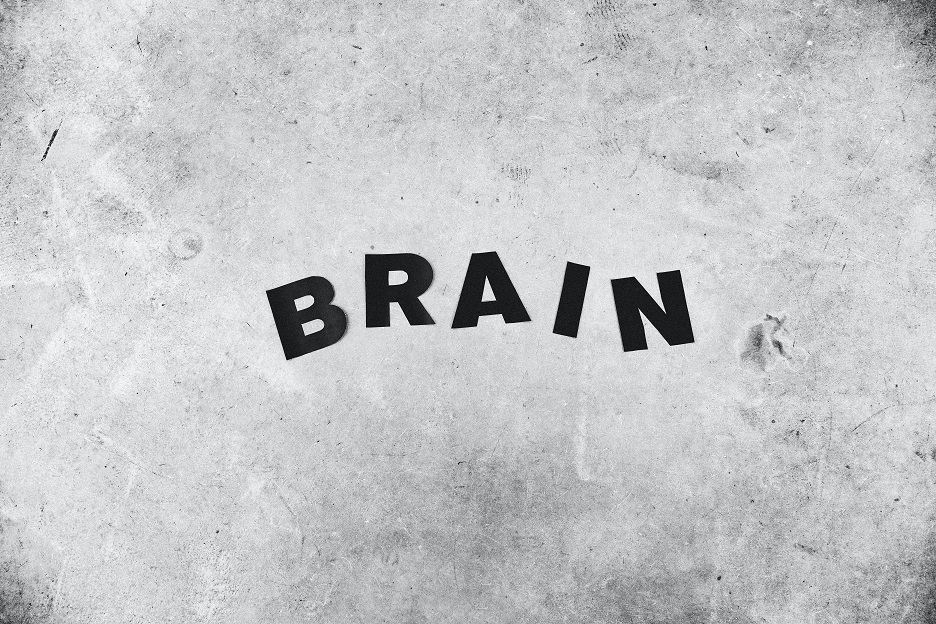Living with posttraumatic stress disorder can cause a rapid decline in cognitive function.
Living with posttraumatic stress disorder (PTSD) can be incredibly tough. Those who suffer from PTSD often have flashbacks of the trauma experiences as well as repeated nightmares, anxiety, and depression. They can be incredibly hypervigilant towards unexpected stimuli and have difficulty sleeping. Now, new research suggests there’s more bad news for those living with this mental health condition – PTSD is associated with accelerated cognitive decline. The results were published online June 30 in JAMA Network Open.
In an analysis of more than 12,000 middle-aged women who had experienced at least one trauma in their lives, those with PTSD symptoms showed “an approximately two-fold faster decline in cognition during follow-up compared with those who did not have PTSD symptoms,” the study authors wrote, adding that the decline was not significantly associated with any particular symptom such as depression. However, covariates that could potentially be associated included “demographic, educational, and behavior-related health factors such as body mass index, physical activity, cigarette smoking, diet quality, and alcohol consumption.”

“PTSD may increase the risk of dementia by accelerating cognitive decline at midlife,” said coinvestigator Jiaxuan Liu, MPH, a doctoral candidate at the Harvard TH Chan School of Public Health, Boston, Massachusetts. “Our findings may suggest the value of earlier cognitive screening among individuals with PTSD and the importance of PTSD prevention and treatment across the lifespan.”
She added, “Cognitive decline at midlife and older is of vital public health interest. It is a risk factor for a variety of poor health outcomes and strongly predicts Alzheimer’s disease and other dementias. Although PTSD has been linked to lower cognitive function and dementia incidence, it has not been known whether it is associated with decline in cognitive function. In addition, both PTSD and dementia are more common in women than in men, so it’s important to understand a possible link.”
The research team analyzed PTSD symptoms and their association with repeated measures of cognitive function among a large population of PTSD-diagnosed women aged 50 to 70. Participants were recruited from the Nurses’ Health Study II: a longitudinal study of a cohort of 116,429 US female nurses who were between 25 and 42 years old at in 1989. Among the women chosen, “95.9% were non-Hispanic White, 1.3% were Hispanic, 1% were Asian, 0.6% were Black, and 1.2% were classified as ‘other,’” they noted.
Lifetime trauma exposure and PTSD symptoms were assessed from March 1, 2008, to February 28, 2010, using the Short Screening Scale for DSM-IV PTSD. “In total, 67% of the participants reported experiencing PTSD symptoms,” the authors wrote.
The team also found that women with “four to five PTSD symptoms showed a worse rate of change in learning and working memory compared with those who had no symptoms, but not in psychomotor speed and attention. Women with one to three PTSD symptoms had similar cognitive scores to those of women without PTSD symptoms.”
“We thought PTSD might be associated with worse cognitive decline through health behaviors like smoking and alcohol drinking and higher risk of other health conditions like hypertension and depression,” Liu said. However, this was not the case. She explained, “We could not determine why women with PTSD had faster cognitive decline than those without PTSD,” and suggested, “PTSD may have effects on the brain, such as altering brain structures and affecting brain immune function. However, more research is needed to investigate these mechanisms that might underlie the association we found between PTSD and cognitive decline.”
Sources:
PTSD May Accelerate Cognitive Decline Over Time
Association of Posttraumatic Stress Disorder With Accelerated Cognitive Decline in Middle-aged Women


Join the conversation!